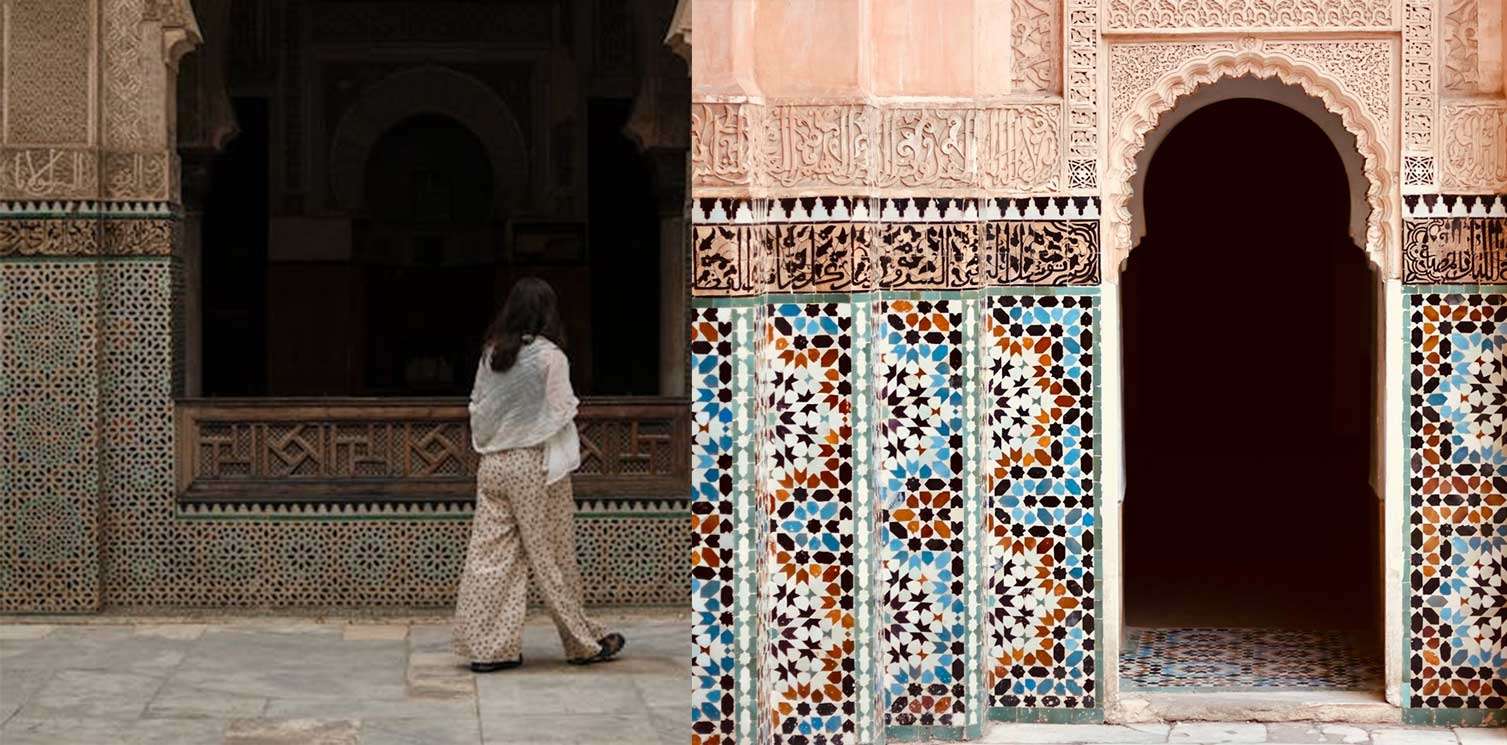As an expat living in Morocco, I’ve had the unique opportunity to observe how religion in Morocco influences everyday life and culture. Here’s a comprehensive guide to Morocco’s religious landscape, which has enriched my own understanding and respect for this vibrant country.
1. Overview of Religion in Morocco: A Predominantly Islamic Nation
Morocco’s identity is deeply intertwined with Sunni Islam, which serves as the official state religion and is practiced by around 99% of Moroccans. The Maliki school of Sunni Islam, known for its moderate and flexible interpretation, is particularly influential. This foundation of Islam shapes Morocco’s laws, social norms, and customs, and it is woven into the fabric of daily life. From the call to prayer resonating through the streets five times a day to the practice of fasting during Ramadan, Islam is visibly present and honored by most Moroccans.
For more on the foundational role of Sunni Islam in Morocco, see this overview.
2. Sunni Islam and the Maliki School of Thought: Morocco’s Dominant Religious Practice
The Maliki school is one of the four main Sunni Islamic schools and is widely respected in Morocco. Known for its emphasis on the customs of the Prophet Muhammad and the practices of the people of Medina, the Maliki school brings a unique depth to Moroccan religious life. This form of Islam, which places great importance on community and respect, is practiced throughout Morocco in a way that values both tradition and tolerance.
3. Minorities in Morocco: Christianity, Judaism, and Other Faiths
While Islam is Morocco’s primary religion, the country also has a presence of minority religions like Christianity in Morocco, largely practiced by expatriates and small local communities. Morocco’s Jewish community, represented by Moroccan Jews, has a long, rich history that spans centuries. Although the Jewish community has decreased over the years, it remains respected and continues to shape aspects of Moroccan culture, from food to architecture. The tolerance and acceptance of these minority religions reflect Morocco’s longstanding tradition of religious inclusivity.
4. Religious Celebrations and Observances: Key Holidays in Moroccan Life
Morocco’s Islamic calendar is marked by significant religious events such as Ramadan in Marrakech, Eid al-Fitr, and Eid al-Adha. During Ramadan, Moroccans observe fasting from dawn to sunset, fostering a sense of communal solidarity and reflection. Eid celebrations bring families together in joyful feasts and acts of charity. These celebrations, deeply rooted in faith, offer a fascinating glimpse into Morocco’s spiritual practices and the warmth of its communities.
5. Personal Reflections: Experiencing Morocco’s Religious Tolerance as a Western Expat
As a Christian expat from New York, I’ve felt welcomed and respected here in Morocco. The tolerance Moroccans show toward different faiths truly surprised me. Despite the country’s strong Islamic roots, I’ve found that locals treat Western women, and foreigners in general, with kindness and acceptance. This inclusive attitude has made me feel more connected and valued in Morocco, and it’s one of the things that makes Morocco such a special place to live.
For a deeper dive into Morocco’s religious diversity, explore more about Christianity in Morocco and the history of the Moroccan Jews. These insights provide a fuller picture of Morocco’s unique religious landscape, making it a truly welcoming destination.

